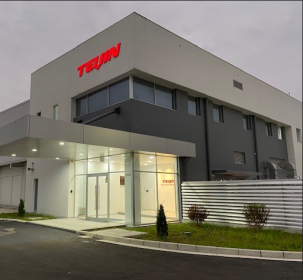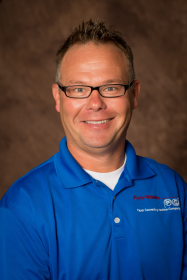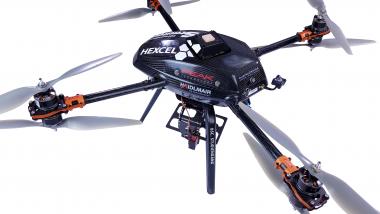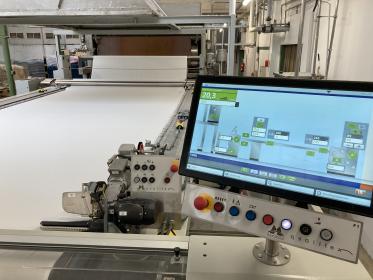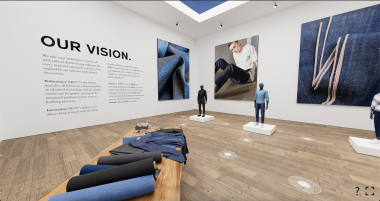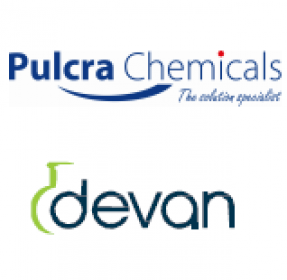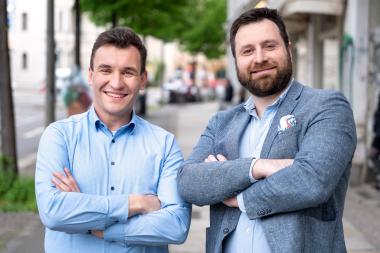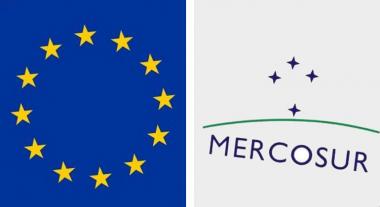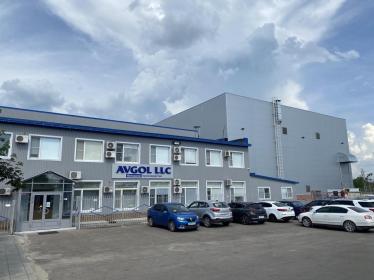Dibella's initiative to reduce carbon dioxide emissions
Dibella's long-standing forwarding partner Hamacher was taken over by the sustainably committed logistics specialist Heppner at the end of 2018. The new constellation takes Dibella another step further in terms of climate-neutral transport: the logistics company, which originates from France, focuses on the environmentally friendly transport of goods and is investing heavily in a carbon dioxide-neutral vehicle fleet.
"With our first sustainability report, we introduced the monitoring of our carbon dioxide emissions. It turned out that the transport of our textiles produces the most climate gases. We have therefore consistently switched to sea freight and almost without exception do not ship goods by air. However, we still see a need for optimisation from the port of Rotterdam to the customer or to our warehouse. After the takeover of our long-standing forwarding partner Hamacher by the logistics specialist Heppner, there is now a breath of fresh air in our climate-friendly delivery initiative. The company is committed to environmentally friendly transports and a low-emission vehicle fleet. Together we now want to look for solutions to make the "last miles" of our deliveries climate gas neutral," says Ralf Hellmann, Managing Director of Dibella.
Departure into a clean future
Spedition Heppner, with its origins in Alsace, is a family-owned company with worldwide operations and 3,320 employees handling more than 72 million freight items annually. More than a decade ago, the logistics specialist began recording the carbon dioxide emissions released by its fleet of vehicles and steadily reducing them by switching to environmentally friendly energy sources. With a mix of gas, bio-fuel and electric drive, the discharge of greenhouse gases caused by the company's trucks is to be reduced by twenty percent by the year 2025. By 2050, the entire fleet should be diesel-free. To achieve a carbon dioxide-neutral footprint, Heppner is also testing hybrid forms of transport (rail, inland waterways, truck) as well as alternative delivery options (cargo bike).
Dibella GmbH













